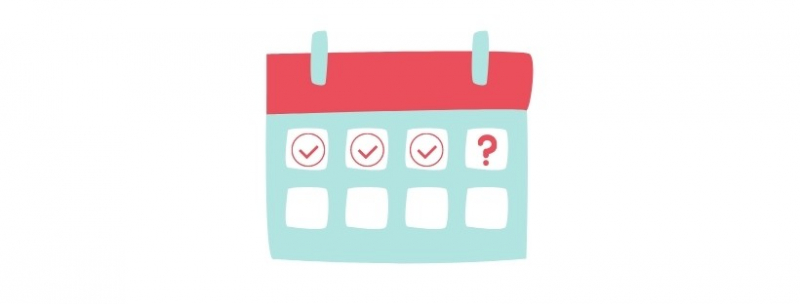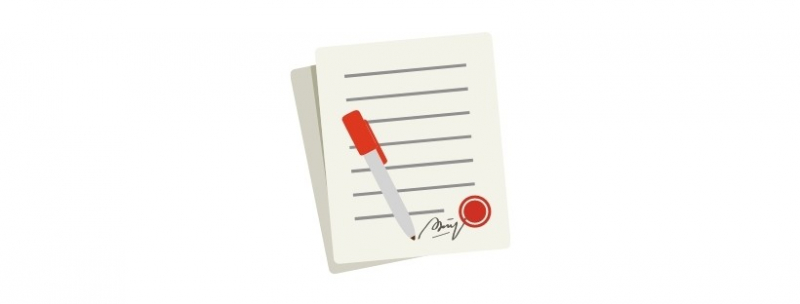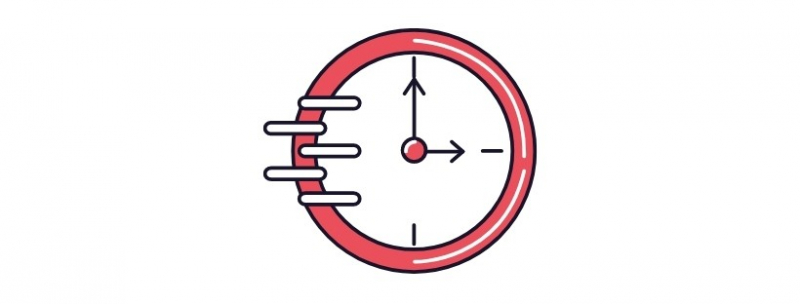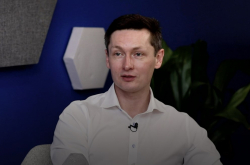Contents:
- I want to launch a startup. Where do I start?
- People say startups need truly original ideas to succeed – like perfume for birds. Is that true?
- How do I know I’ve got the right idea?
- I’ve got an idea. What next?
- The team is the key to a startup. Where do I find the right people?
- Where do I get funding?
- What if my investors take my idea and leave me with nothing?
- How long will it take me to enter the market?
I want to launch a startup. Where do I start?

With an idea! If you don’t have one, do some research: which startups have launched this year? How successful are they? Which projects have soared highest in the past couple years? Think about how you could improve them with your own product. Once the idea emerges, build a business plan, survey your acquaintances, and do some market research. When you’re confident that your idea has potential, you can move further.
People say startups need truly original ideas to succeed – like perfume for birds. Is that true?

Most importantly, your idea should be relevant and doable. It doesn’t necessarily have to be something completely new. Quite the contrary: there’s no need to invent new things. It could be more beneficial to copy and improve upon. You should also know from the start what kinds of resources you’ll need and where you can find them.
How do I know I’ve got the right idea?

Quite simply: by studying the market and conducting problem interviews. This is the only way to test your idea. The problem interview is the first and most important stage of customer development. Its goal is to identify your target audience’s repeating behavior patterns in which they encounter problems. It’s best to start with open-ended questions about situations in which the interviewee finds (or doesn’t find) themself. For instance: how do they know what will be interesting to customers in the coming season? Have they ever tried to forecast demand? The situation your interviewee talks about must be real, not hypothetical.
I’ve got an idea. What next?

Once you’ve verified your idea and researched the market, start planning. Build a step-by-step business plan and calculate your startup’s economical aspects. Think about which resources you’ll be needing: money, time, people. Include all that in your calculations. Assess the project’s marketing strategy. If these tasks seem too difficult, you can find help at various venues, such as ITMO University’s Pre-Accelerator.
The team is the key to a startup. Where do I find the right people?

In niche communities and among students or friends. ITMO University has the Inter-University Entrepreneurship Club, which will open its doors once again this coming fall. The Club will provide basic business knowledge and form a student community of entrepreneurs. The Pre-Accelerator, too, offers similar services, and students can submit applications in order to be attached to a startup.
Where do I get funding?

Grants, fundraising, investments. ITMO University has the Center for Project Development and Fundraising, where students and staff can apply for funding for various projects, including startups. At the initial stage, startups often work off personal savings or investments made by parents, friends, or acquaintances. Some start without any seed capital at all. On average, startups in Russia need around 500 thousand rubles (approx. $7,000 – Ed.) to launch. The money goes towards producing an MVP, entering the market, and making profits or attracting investments. Investors always want to see an actual product and it’s very difficult to make one without money.
What if my investors take my idea and leave me with nothing?

As a rule, investors don’t profit from stealing ideas – what would they do with it? Only you know the strengths, weaknesses, and hidden pitfalls of your project. It would be more difficult than might seem for another team to recreate your project from scratch. Besides, legal agreements usually include clauses on all aspects of a partnership. Make sure to have a legal specialist with you when drawing them up and reviewing them.
How long will it take me to enter the market?

Anywhere from six months to two years. It all depends on how much time and money you can pour into the project from the start.





